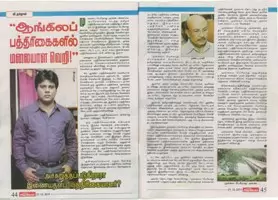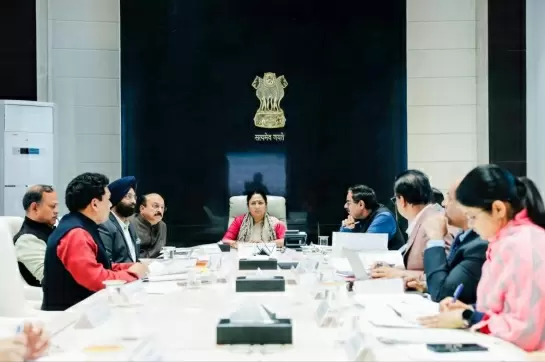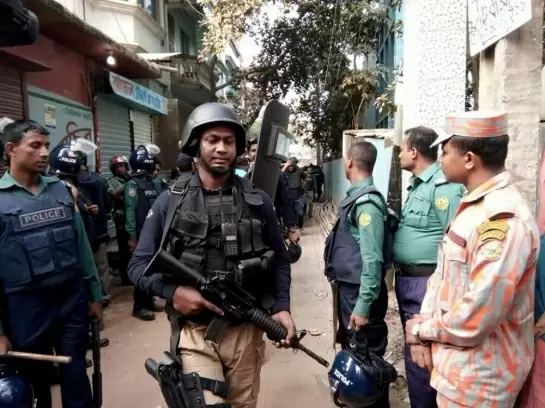‘It is fair to examine the coverage of a newspaper’

22-December-2011
Vol 2 | Issue 51
Issues related to water raise strong emotions across the country, often pitting people from two adjacent states against each other. Water sharing between Punjab and Haryana has been a source of immense trouble, and having been based first in Punjab and then in Chandigarh, I am well aware of how our own regional affiliations tend to crowd out our reactions as journalist.
It is in the light of this background that I read Radhika Giri’s piece on this website. It was not a piece I was comfortable with, it reflected the same kind of emotions I have witnessed before in the context of Haryana and Punjab.
It reflected the same problem that I had experienced earlier, of regional affiliations being so overpowering that they drown out the individuality and objectivity of reporters. I felt that the piece that tended to examine the conduct of Malayalee journalists in Tamil Nadu also reflected the personal biases of the author.
I for one cannot endorse a statement such as, ``I have some serious doubts over the professional integrity of journalists from Kerala,’’ or for that matter, ``To put it otherwise, I find Malayalee journalists conducting themselves as Malayalees first and journalists next even in the line of duty.”
I do believe that reports by individual journalists can be examined and biases pointed out but even an examination of ten or ten thousand such cases cannot lead anyone to make a claim about all Malayalee or for that matter Tamil or Punjabi journalists.
 |
|
The Tamil media has rallied behind The Weekend Leader seeing The Times of India’s move as an attempt to stifle freedom of expression
|
I also found it problematic that every journalist quoted in that report chose to be cited anonymously. To speak with such authority on such matters and carry credibility requires that a journalist identify himself or herself.
This said I do think in general it is fair to examine the coverage of a newspaper or for that matter any media organization in light of the kind of newsroom that brings it out.
It is fair to ask if the lack of Tamilian representation implies that differing perspectives on an issue on which views are polarized fail to be given due space.
It is fair to ask whether the choice of news and the slant given to opinions is a result of such a skew in representation. Which is why, on balance, I find the defamation notice served by Bennett, Coleman & Co regarding the coverage in the Times of India an absurdity.
This is a company that has recently garnered strong support after it was required to deposit Rs 20 crore in connection with a Rs 100 crore defamation claim filed against Times Now by Justice P B Sawant.
The amount was found by many in the media to be disproportionate to the alleged offence. Several prominent media persons have argued that this amounts to a gag on the media and sets a dangerous precedent, suggesting that if such awards become the norm most media organizations could simply fold.
Given the context, what can be more ironic than Bennett, Coleman & Co issuing a defamation notice for the same amount against a website that is one example of the kind of new media initiatives that we need to encourage?
This clearly suggests that the freedom of expression is of interest to this media house only when it is on the receiving end of legal attention for its own alleged misdemeanours, but it has no compunctions in using the same tools and tactics to suppress the freedom of expression of others when they are critical of media organizations owned by the group.
Surely there can be no better defense against allegations of bias for a news organization than the reactions of its own readership.
If the bias is an exaggeration or simply non-existent the initial article is best ignored, or even better contested by a piece from any member of the Times of India newsroom in Chennai or elsewhere.
The use of defamation as a tool to remove an article from public consumption should count as among the most absurd, short-sighted and self-defeating move by a media house. It needs to be condemned by any sane journalist.
Hartosh Singh Bal is Political Editor of Open Magazine














